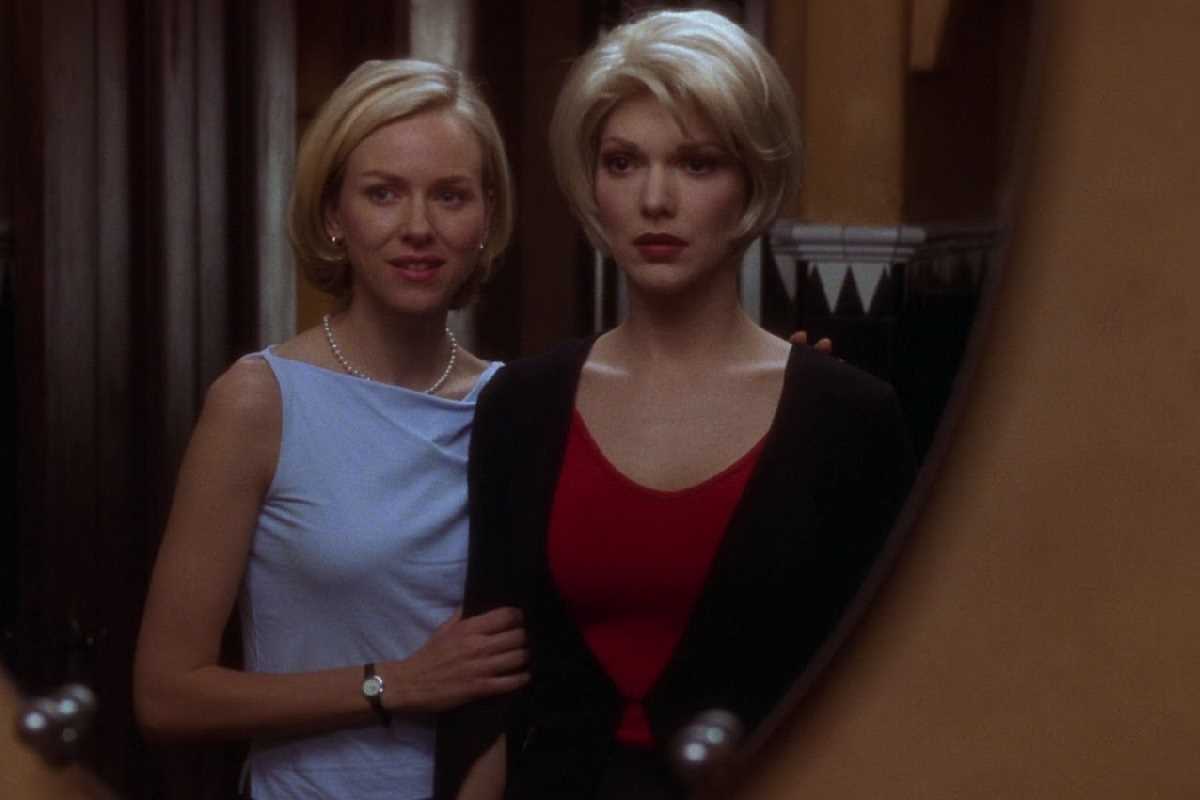Hulu’s adaptation of The Handmaid’s Tale, first released in 2017, transformed Margaret Atwood’s dystopian novel into a searing critique of contemporary politics. Set in the oppressive Republic of Gilead, the show follows June Osborne (Elisabeth Moss), a woman forced into sexual servitude as a Handmaid, navigating a world shaped by religious extremism, environmental collapse, and authoritarian control. While the series expands on the book’s narrative, its power lies in its unflinching portrayal of political systems that weaponize fear and ideology. The show’s layered satire explores issues like gender inequality, the abuse of power, and the fragility of personal freedoms, making it a resonant and disturbing reflection of modern society.
A Satirical Reflection of Authoritarianism
The show’s depiction of Gilead magnifies how authoritarian regimes rise and maintain control. Through visual storytelling and expanded worldbuilding, the series deepens the political satire embedded in Atwood’s original narrative.
- Religious Extremism as a Tool of Power: Gilead’s leaders use distorted interpretations of scripture to justify oppression, illustrating how religion can be weaponized for political control. The show heightens this satire with chilling rituals, such as the “Ceremony,” where Handmaids are forced into state-sanctioned rape under the guise of divine will.
- Surveillance and Fear: The omnipresent Eyes (Gilead’s secret police) and public executions emphasize the regime’s reliance on fear to suppress dissent. This reflects real-world tactics of authoritarian governments that use intimidation to maintain order.
- The Erosion of Rights: The show portrays Gilead’s rise as a gradual process, where rights like bank accounts, employment, and literacy are stripped away one step at a time. This satirical take warns of how freedoms can be lost incrementally, often before people recognize the full extent of the threat.
By dramatizing the mechanisms of authoritarian control, the series critiques not only Gilead’s regime but also the real-world political systems it mirrors.
Gender Politics and the Subjugation of Women
The series amplifies the gender-based oppression central to Atwood’s narrative, offering a stark critique of patriarchal systems. Through its nuanced portrayal of women’s roles in Gilead, the show explores how power structures manipulate gender for control.
- Handmaids as Living Satire: The show’s portrayal of Handmaids, dressed in red cloaks and white bonnets, has become an iconic symbol of resistance. Their treatment as vessels for reproduction satirizes societies that reduce women to their biological functions.
- Complicity Among Women: The show expands on women's roles in Gilead’s hierarchy, such as Serena Joy (Yvonne Strahovski), who helped create the regime but becomes trapped by its constraints. This satirical portrayal critiques the complicity of those who enable oppressive systems, even when they are ultimately harmed.
- Intersectional Oppression: By introducing characters like Moira (Samira Wiley), a queer woman sent to a brothel, the series underscores how marginalized identities face layered oppressions in authoritarian systems.
The show’s focus on the systemic and individual dynamics of gender oppression makes its political satire all the more urgent and relevant.
The Power of Language and Symbolism
Hulu’s adaptation expands on how Gilead uses language and symbolism to enforce its ideology, offering a sharp critique of how authoritarian regimes control and manipulate communication.
- Erasure of Names: Handmaids are stripped of their names, adopting patronymics like “Offred” or “Ofglen,” symbolizing their complete loss of autonomy. This satirical device critiques how language can be used to dehumanize and subordinate.
- Religious Euphemisms: Gilead’s leaders use phrases like “Blessed be the fruit” and “Under His eye” to normalize their rule, satirizing the co-opting of religious language to justify oppression. These slogans, repeated throughout the series, reinforce the regime’s psychological control.
- Visual Symbols of Oppression: Costume design plays a significant role in the show’s satire. The rigid uniformity of Handmaid attire and the somber grays and blacks worn by Gilead’s elite visually reinforce the loss of individuality and freedom.
The series critiques how oppressive systems rely on manipulating communication to maintain control by highlighting how language and symbols are weaponized.
Expanding the World of Gilead
While Atwood’s novel focuses primarily on Offred’s internal experience, the show broadens the scope of Gilead, offering viewers a deeper understanding of its systems and global implications.
- The Colonies: The series introduces the Colonies, where women deemed “unwomen” are sent to die cleaning toxic waste. This expansion satirizes the expendability of marginalized people in oppressive societies and warns about environmental and social disregard.
- International Relations: The show explores Gilead’s interactions with other nations, revealing the regime’s attempts to present a sanitized image to the world. This satirical take critiques the hypocrisy of authoritarian regimes that conceal their brutality behind diplomatic facades.
- Resistance and Survival: The expansion of the resistance network, including Mayday and characters like Emily (Alexis Bledel), adds layers to the satire by showing how people adapt and resist extreme oppression.
By fleshing out these elements, the series deepens its critique of Gilead and the systems that allow such regimes to thrive.
Satire as a Call to Action
One of the most striking aspects of Hulu’s The Handmaid’s Tale is how it resonates with contemporary audiences. Its dystopian satire mirrors ongoing political and social struggles, urging viewers to remain vigilant against the erosion of freedoms.
- Reproductive Rights: The series critiques the policing of women’s bodies, drawing parallels to contemporary debates over abortion access and reproductive autonomy.
- The Fragility of Democracy: The slow descent into Gilead warns about how quickly democratic systems can collapse under pressure.
- Resistance as Hope: While often bleak, the series emphasizes the importance of resistance, even in small acts. June’s defiance, from smuggling messages to orchestrating escapes, underscores the power of collective action in challenging oppressive systems.
The show’s ability to connect its fictional narrative to real-world issues ensures its satire remains timely and impactful.
 (Image source: MGM Television)
(Image source: MGM Television) .jpeg)





